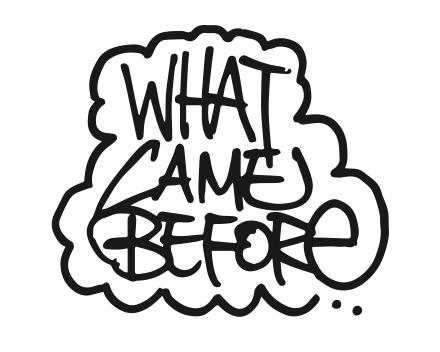
CONTENTS
- INTRODUCTION
- PENSAMIENTOS (1915-1976, 1999)
- COOPS IN THE YEAR 2000 (1980)
- STATEMENT OF THE COOP IDENTITY (1995)
- MACPHERSON CONGRESS ADDRESS (1995
- COOPS IN THE 21ST CENTURY (1998)
- GUIDANCE NOTES (2015)
- CONCLUSION
INTRODUCTION
In endeavoring to articulate cooperative philosophy and practice in a contemporary context, it is imperative that the historical lineage of cooperative thought be considered - in particular, those texts that have been elevated to the level of consideration by the global movement at-large, which is responsible for stewarding the Cooperative Identity. That said, most of such essays and books were written in or translated into English, as well as authored by white men from the Global North. While there is considerable value in hearing critique and interpretation from those sitting among the seats of global capitalist power - as long as such authors are self-aware, the homogeneity of the perspectives represented in most widely acknowledged cooperative philosophy is a weakness the movement must address. More generally, the amount of globally accessible texts on cooperative philosophy is rather meager. For many reasons, chief among them the lack of cooperative curricula in educational systems throughout the world, there are very few peer-reviewed or sufficiently researched and contextualized writings exploring cooperation and its practice. That said, writing or research that passes through the filter of any non-cooperative institution will bear the marks of the culture - good and bad - from that institution.
Within this context, formal offerings of the International Cooperative Alliance - specifically, the Cooperative Identity and the Guidance Notes to the Cooperative Principles - are included as “Cooperative Movement canon” and are absolutely essential to any assessment of cooperativism. The additional cooperative philosophy included in this section includes two papers prepared for two Congresses of the International Cooperative Alliance that took place fifteen years apart, by A F Laidlaw (Eastern Canada) in 1980 and Ian MacPherson (Western Canada) in 1995. Also included is an additional paper authored by MacPherson created as a background text for the 1995 revision of the Cooperative Identity published in 1998. Included first – as the texts are reviewed in chronological order – is a book of commentary from Father José Arizimendiarrieta’s (founder of Mondragon) life and work that spans a significant portion of the twentieth century. All three of these men and their thinking on cooperative philosophy and practice loom large within the history of the international Cooperative Movement. Their contributions extend well beyond those included here, in both word and deed.
This section on general cooperative philosophy has been included in this toolkit to clearly illustrate how coopyouth practice and culture maps onto an enduring lineage of cooperative scholarship, specifically in defense of coopyouth interpretations of cooperativism that are often dismissed as incorrect or too radical. The historical texts reviewed are also cited throughout the remainder of this toolkit, in order to continually tie the Cooperative Movement’s present and future to its past. This ensures that both the knowledge gathered to date is not lost, and that the movement is only compelled to retread certain intellectual paths if we so choose.1 Overall, these cooperative scholars paint a picture of a Cooperative Movement untethered to conventional notions of business and employment, rather enterprise and work, as well as an idealistic future that is born of pragmatic steps. the creation of cooperative commonwealths, and in which the application of solidarity knows no limit - though how each contributor interprets and communicates these ideas varies across time.
- 1 Of important note is a book not outlined here, written by Max Delespesse (Belgian co-operator and writer) in 2009. It outlines utopian socialists and the leading figures of anarchy who have had an important intellectual and ideological impact on the Cooperative Movement.
